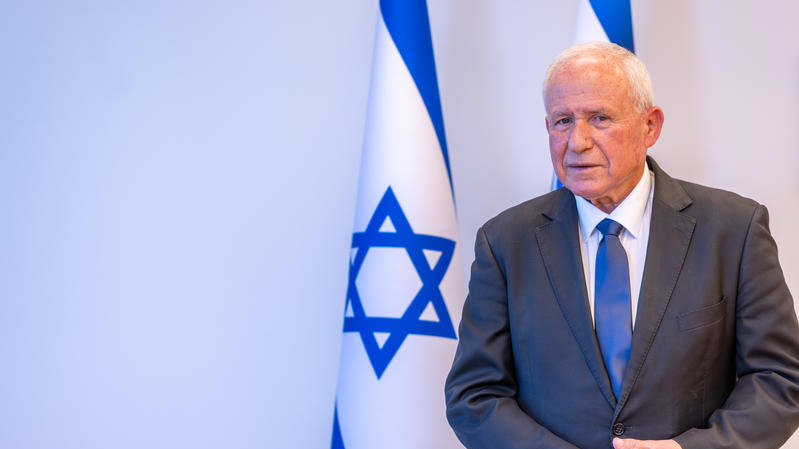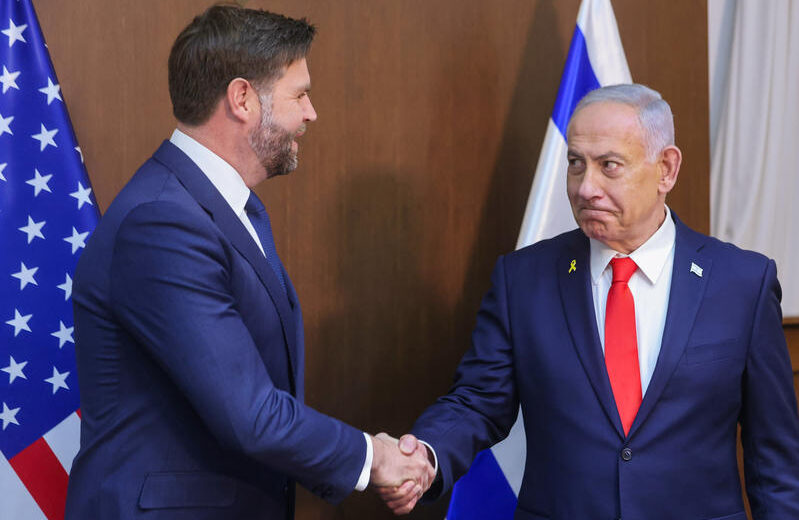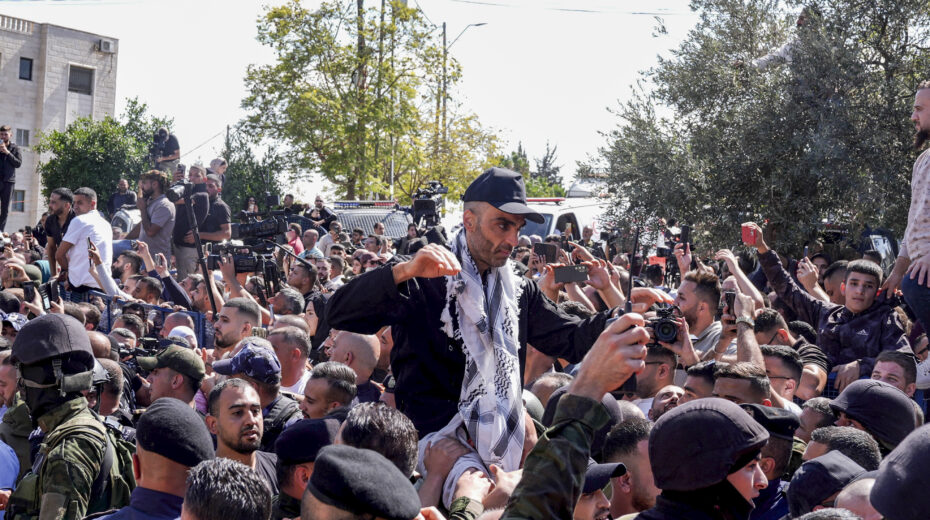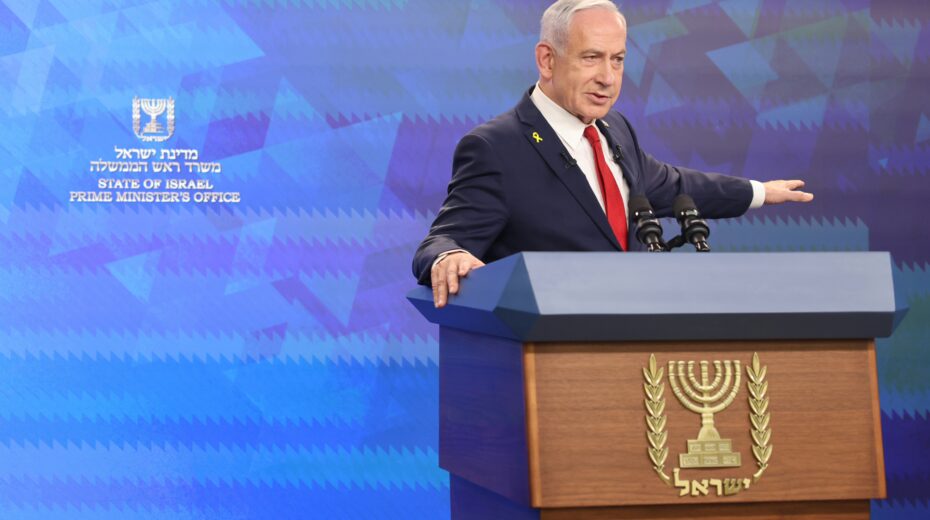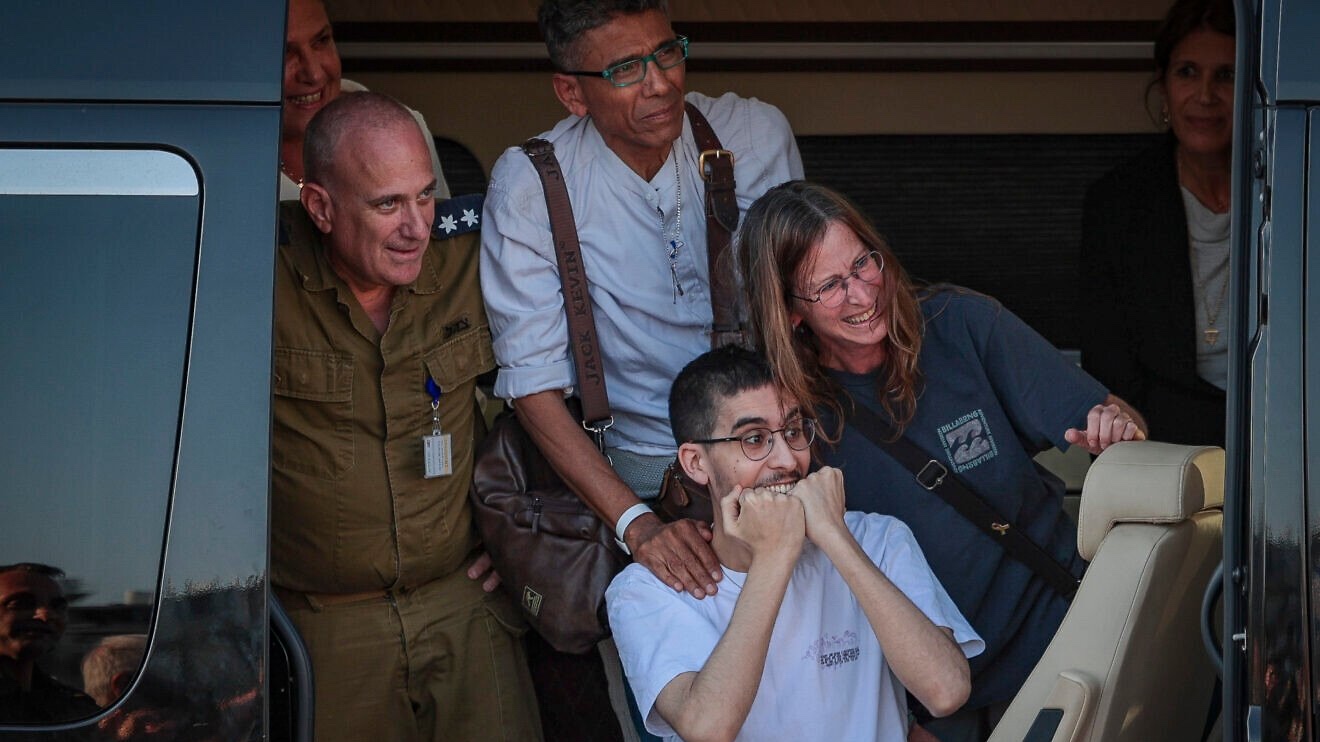(JNS) The war against Hamas in Gaza isn’t over, because the Islamic terror group will not willingly give up its weapons, Israeli Minister of Agriculture and Food Security Avi Dichter said on Wednesday.
The blunt comments by the senior Israeli minister, a former head of the Israel Security Agency (Shin Bet) and a member of the Security Cabinet, come amid increasing Israeli concerns regarding the second stage of the US-brokered Gaza ceasefire plan.
“The war is not ended; it is a ceasefire to prepare ourselves [for] the next stage,” Dichter said in an address hosted by the Jerusalem Center for Security and Foreign Affairs. “If necessary, the ceasefire can be disappeared within minutes, as it was the other week,” he added, referring to the Israeli military retaliation following the lethal Hamas attack which killed an IDF soldier.
The 72-year-old minister, who previously served as minister for public security, said he sees no chance of Hamas disarming as the US peace plan stipulates, calling into question how the coastal strip will be stabilized short of the use of force.
“The possibility that Hamas will put aside its weapons is the same possibility that Israel will win the [World Cup],” said Dichter. “Weapons are the raison d’etre for Hamas. Without weapons, there is no Hamas.”
Dichter, who began working with the Shin Bet nearly a half century ago, suggested that in the end Hamas would have to be disarmed by force.
“It will be done by force in this region,” he said. “What isn’t done with force regarding terrorists goes with extra force.”
Hamas looking to Lebanon
Dichter said that Hamas was looking to Hezbollah in Lebanon, watching for the outcome of the Shi’ite terror organization’s refusal to disarm, even as the Lebanese Army is backed by Western countries.
“They are learning from what happens in Lebanon to do in Gaza,” he said.
In his address, Dichter said that Hamas will try to play games with disarming, just as it is stringing out the return of the remaining hostage bodies, to survive another day, and another, until another US administration comes to office.
“The war won’t be ended until all seven remaining bodies are brought back,” said Dichter, referring to the hostages Hamas still holds. “They understand that we will not tolerate their games.”
Five of the remaining hostage bodies still being held in Gaza are Israelis while the other two are foreigners.
He said that the potential release of 200 Hamas terrorists trapped in an Israel Defense Forces-controlled area of Gaza was a tactical issue. Whether they are allowed to leave or not was “meaningless” in the long term as they would eventually be tracked down by Israeli security, he said.
“If there will be a tactical need to go, they will go,” he said. “They will not take social security. With terrorists that [kill] Israelis, we will close the story.”
Dichter reiterated the Israeli government’s position that Gaza will not be handed over to the Palestinian Authority (it’s like giving the milk to the cat—we will not do it”), and will not be rebuilt until Hamas is out of the picture entirely.
Caution on Syria
He also expressed caution over Syrian President Ahmed al-Sharaa, who is to meet with US President Donald Trump at the White House next week amid reports of a security deal in the works between Israel and Syria.
“I don’t think we have a leader where peace and stability is his ideal,” he said of al-Sharaa.
The new Syrian leader was now “dressed up as a Westerner” but “grew up under the spiritual leader of Al Qaeda and the twin brother of [Osama] bin Laden,” he added. “How close to the Muslim Brotherhood and Al Qaeda he will be is a matter of time will tell,” he added.
Expanding the Abraham Accords
At the same time, Dichter also raised the possibility of diplomatic ties with Saudi Arabia—touted by Trump as expected by year’s end—as part of the expansion of the Abraham Accords.
“We really have a new Middle East,” he said.
He noted that an aviation agreement with Sudan—which was part of the original Abraham Accord— would cut flight times to South America to 10 hours.
“This creates a different situation in terms of economy, trade, agriculture,” he noted.
He argued that Israel is now in a new position of strength after the debacle of Oct. 7, 2023, enabling major geopolitical changes in the region.
“If you are weak you will disappear,” he said. “If you are weak and small you will disappear much faster.”
“On Oct. 7, we lost our deterrence for 24 hours. Today our deterrence is much more than it was on Oct. 6,” he said, adding, “We don’t have an opportunity to lose a war.”
Want more news from Israel?
Click Here to sign up for our FREE daily email updates


